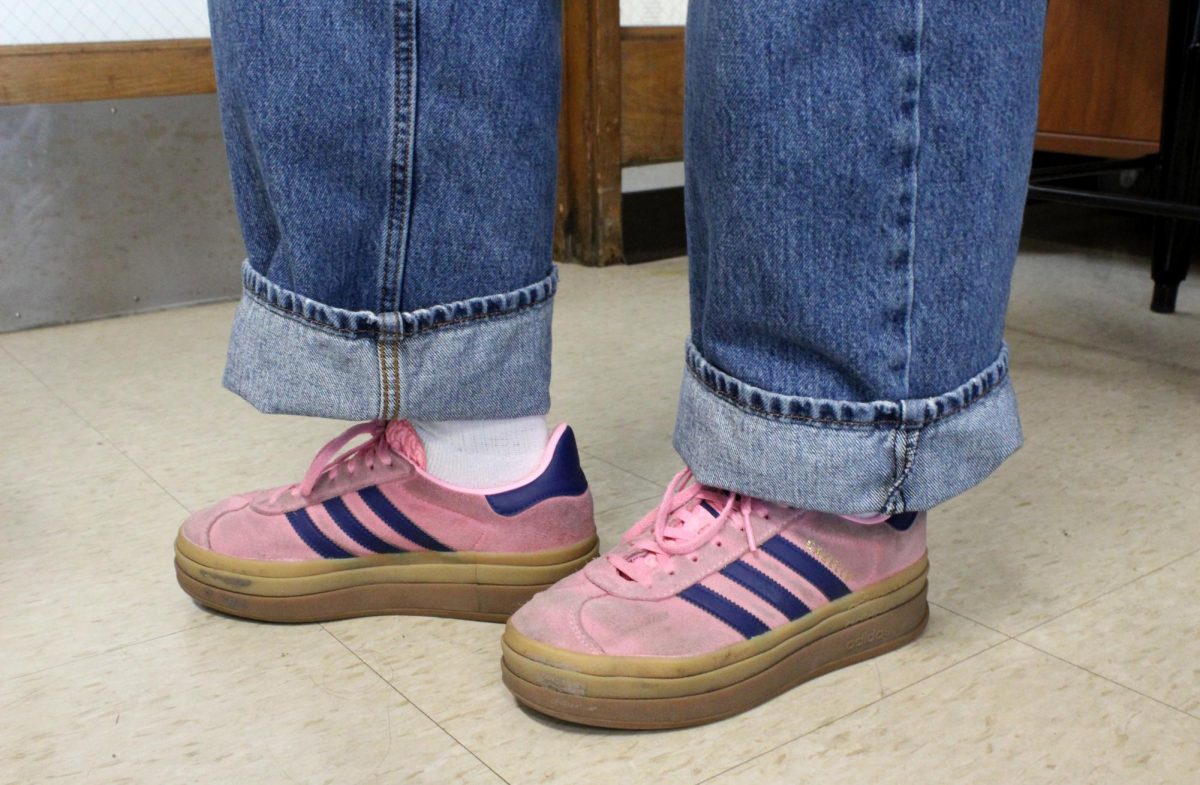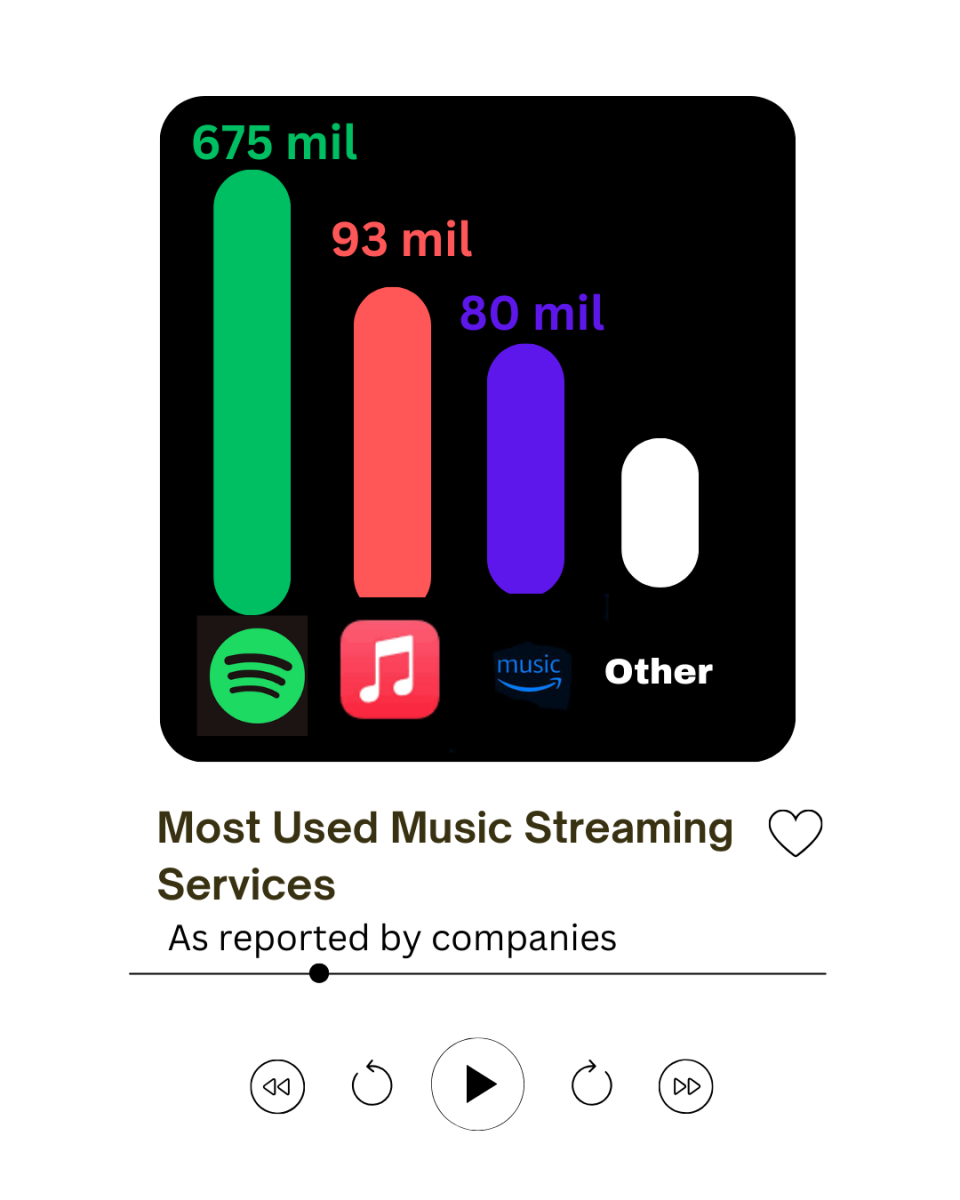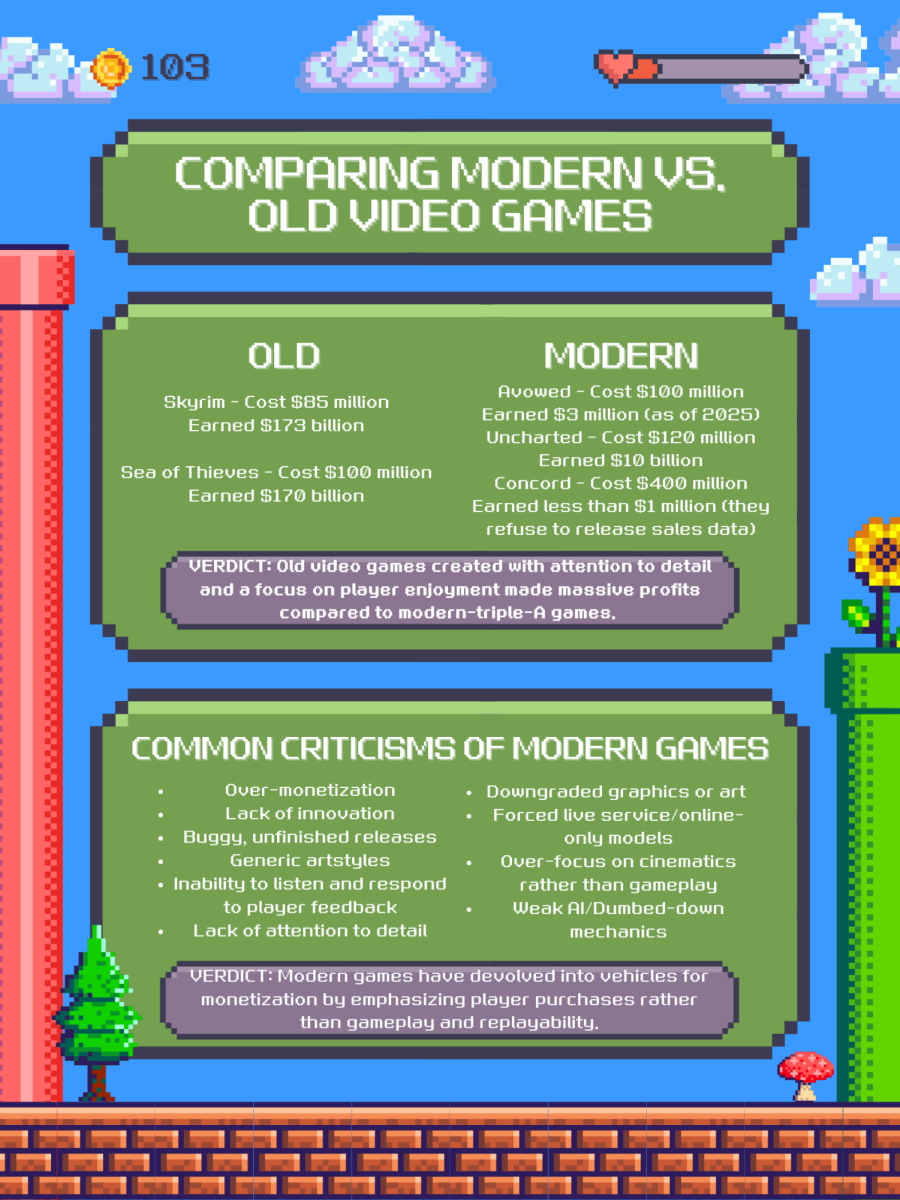As a man drops a door on a lady, listen carefully, and you will most certainly catch a whisper of the snide remark: “I guess chivalry is dead after all.”
It’s noteworthy, however common it may seem, because this phrase is absolutely correct! Chivalry in the Middle Ages was a code of honor for proper knights to follow. This code provided horsemen and knights with guidelines for religion (fear God and maintain the church), morality (fight for the welfare of all), and for courage (live by honor and for glory). So yes, in fact, the chivalrous code by which knights once lived has disappeared, having died right along with the last of the medieval knights, a clash of metal armor its final plea to be upheld.
But although the knights may have vanished, the spoken word did not.
In more recent lingo, chivalry took on the meaning of politeness and respect towards women, even though the original code only had one rule for women: treat them with respect. Men were expected to pay for dinner, give up their jackets when it got chilly, and hold the door open for women (or — protip! — go first through the revolving door).
Nowadays, even this translation is starting to fade. Members of the Drops of Ink staff feel that chivalry is not so much dying as it is transforming again, catching up with the equality that permeates our current culture.
DOI believes that chivalry was sexist in foundation but today can no longer exist unless it incorporates both genders. As feminism points out, females are just as capable as males; both genders can hold doors open, pick up the check, and just be generally courteous to one another. Now more than ever, women are looking to assert their independence and sometimes, caring for themselves and others is just how they can show it. Thus, chivalry is becoming an equal opportunity for both men and women to show their politeness and respect toward anyone at all — something our society should strive to do, anyhow.
An alternative reason for the decline in the traditional notion of men caring for women points to the hookup culture, evidenced through online dating websites, dependency on technology (the classic “here” text instead of ringing the doorbell), and informal or casual relationships. Oftentimes people, especially teenagers, no longer feel obligated to walk to the door, meet the parents, or drop their jaws when they see their dates; all things squeal-worthy in every romantic film have become just a bonus surprise if you receive the added attention, the DOI staff agrees.
Living close to a big city may also play a role. The urban scene is dominated by fast-paced hustle and bustle, where efficiency is everything. DOI thinks that compared to more rural areas or the south, the cultural disparities show a big difference between expectations for a man and a woman when it comes to their treatment of each other. Men put themselves last there, whereas here, it really comes down to the amount of effort each individual is willing to give.
All in all, DOI members feel that if chivalry is dying, then it’s being reborn as a gender-neutral code of respect and kindness. As DOI likes to say, we are all connected, so why not care for and respect every one of your fellow humans?















